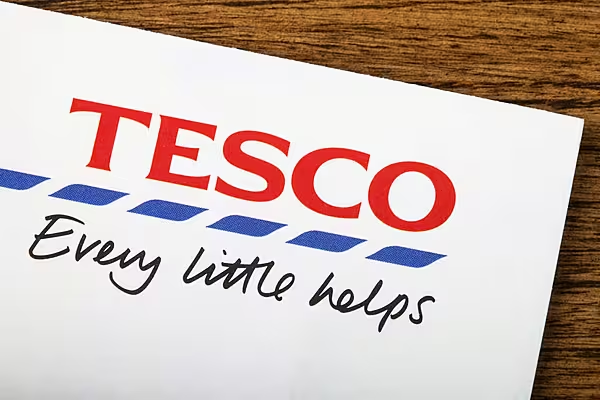Last Friday, retail giant Tesco took the market by surprise with the news that it intends to acquire Booker Group, the UK's leading wholesaler, for around £3.7 billion. Here's how leading retail analysts saw the move:
Patrick O’Brien, Verdict Retail
"Tesco has trumpeted the deal as offering improved availability for consumers, and better choice, price and service for independent retailers. It also gets them into food service supply, and with households increasingly looking to prioritise spend on eating out, this protects it from the downward pressure on retail spend. […] The challenge for Tesco is in convincing the regulators that the ownership structure of Booker’s symbol group stores means that competition is not compromised, and persuading the owners of the independent convenience stores that being supplied by their largest competitor will be beneficial to them."
David Beadle, Moody’s
“Tesco’s solid strategic rationale, pro forma improvements in leverage and interest coverage metrics, and enhanced post deal underlying free cash flow generation outweigh the negative credit implications of reintroducing dividends. However, and notwithstanding the operational progress evident in Tesco’s core UK retail business over the past year, the company remains weakly positioned in its Ba1 rating category and to be adequately positioned, would have to make further progress both operationally and in terms of credit metrics.”
Clive Black, Shore Capital
"From our perspective, the initial gut reaction, which is usually the best one, is that it may be sound for Tesco but far from compelling for Booker shareholders. Accordingly, whilst we believe that there is a danger that we are a little precipitous, we reiterate our HOLD stance on Tesco stock, warming in fact as it gains the genius that is Charles Wilson potentially to its Board, whilst suggesting that Booker shareholders take profit and SELL into the deal, particularly if the Tesco share price rises."
Alastair Lockhart, Savvy
“Tesco's takeover of Booker makes good sense. Even though Tesco is getting back in its feet, growth in the core UK grocery market is set to be limited over the next few years. Growth in convenience, on-the-go and food services meanwhile remains buoyant and we see a lot of opportunity for innovation. There are many synergies between these complementary businesses and the economies of scale from the deal will help the merged group remain competitive as we enter a period of higher price inflation.”
Ray Gaul/Simon Johnstone, Kantar Retail
"The merger will face a number of very challenging obstacles that may be too large to conquer in a timely and cost-effective manner. Kantar Retail believes that the largest challenge will come from the government: The office of the Competition and Markets Authority, Groceries Code Adjudicator and the Financial Conduct Authority will all have reasons for concern. We believe that the newly combined company will have to make several concessions prior to getting a green light to proceed. However, the ultimate obstacle will be the British consumer, and effectively understanding what they want from Tesco/Booker in their new repertoire of food consumption habits."
Gary Hobbs, Investec Wealth & Investment
“A surprising move but one not without merits. It takes Tesco much further into Wholesale, giving greater certainty of supply and allowing it to extract better terms. Dave Lewis was confident on the call of limited CMA interference as Booker doesn’t own the stores (all franchised) and where Tesco will have no influence over pricing. However having so much of the convenience market in the hands of a single player is bound to raise issues. Charles Wilson seen as a major capture for Tesco and already touted as Lewis’s heir apparent.”
© 2017 European Supermarket Magazine – your source for the latest retail news. Article by Stephen Wynne-Jones. Click subscribe to sign up for ESM: The European Supermarket Magazine.














